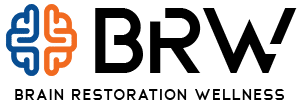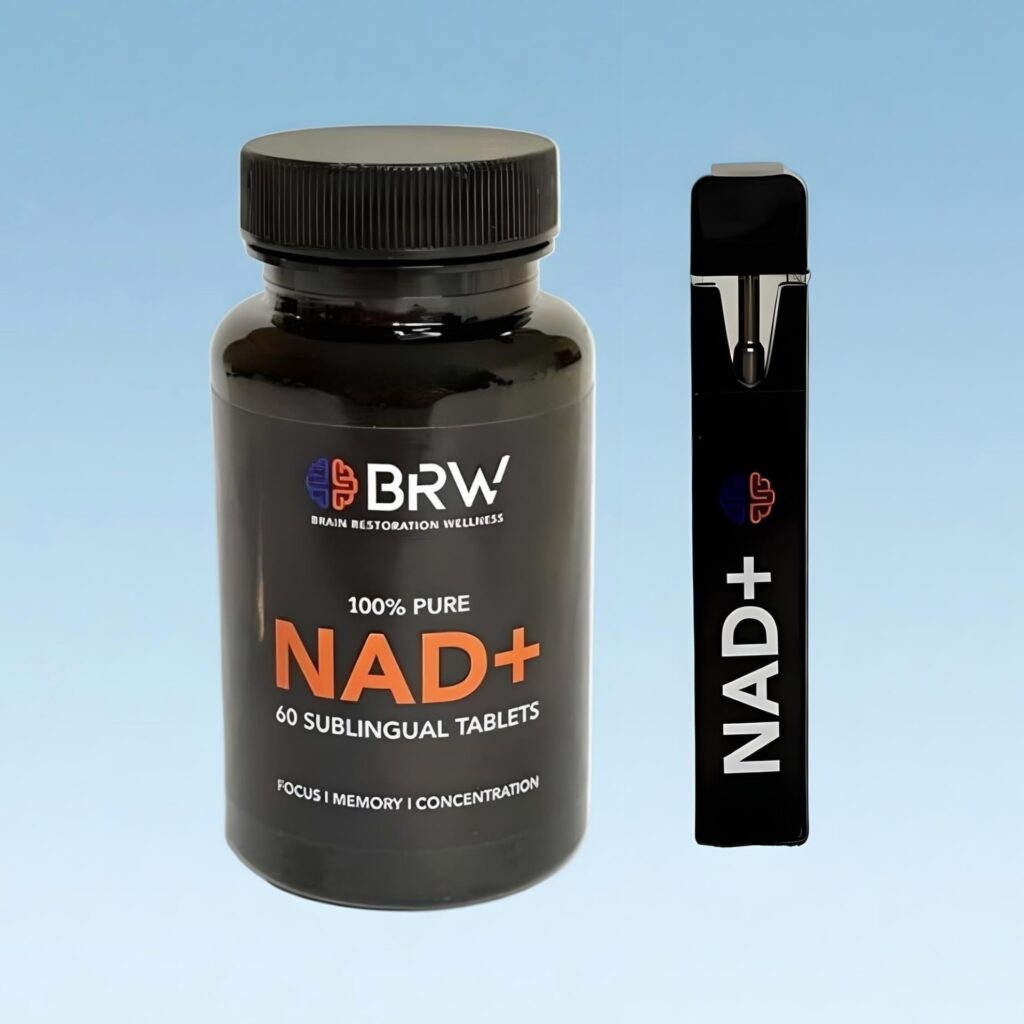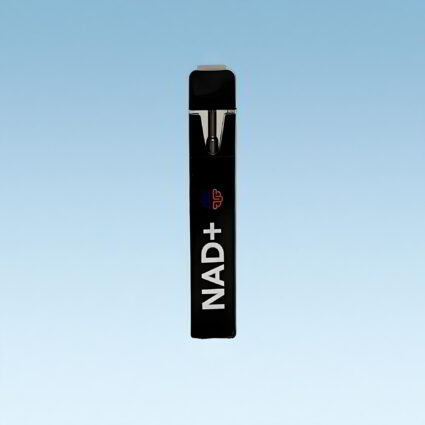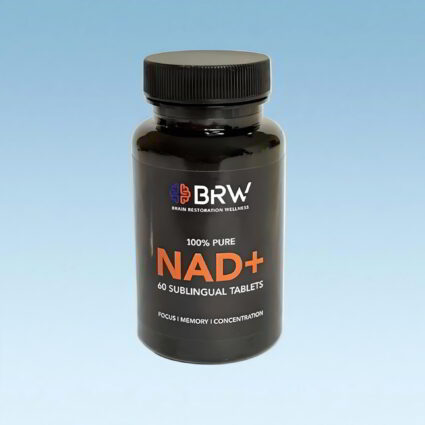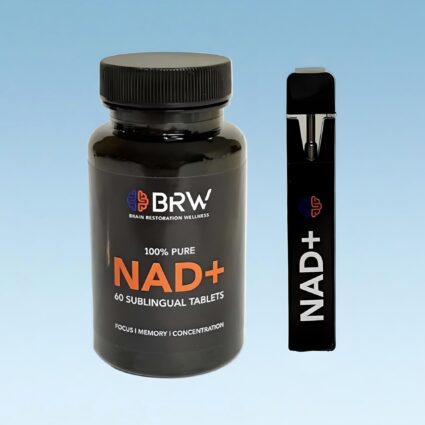NAD, or Nicotinamide Adenine Dinucleotide, is a crucial coenzyme found in every cell of your body. It plays a vital role in cellular processes, including energy production and DNA repair. Understanding NAD is key to unlocking how the body maintains its functions and vitality. In this article, you’ll learn what NAD is, why it’s important, and how you can support its levels for better health.
NAD Definition
NAD, a coenzyme, is essential for life. It helps transfer energy from the foods we eat to vital cellular functions. Without NAD, cells can’t perform the critical tasks they need to keep you alive and healthy. The molecule comes in two forms, NAD+ and NADH, each playing unique roles in cellular energy production.
- NAD stands for Nicotinamide Adenine Dinucleotide.
- It exists in two forms: NAD+ (oxidized) and NADH (reduced).
- NAD is vital for energy transfer in cells.
Role of NAD
NAD’s role in the body is multifaceted. It’s involved in metabolic processes that convert food into energy, supports the function of enzymes, and helps repair damaged DNA. Each of these functions is essential for maintaining health and preventing disease.
- NAD helps in cellular energy production.
- It supports enzymatic reactions that keep cells functioning.
- NAD is crucial for DNA repair.
NAD Types
Understanding the different types of NAD is important. NAD+ is the oxidized form and is used in reactions that produce energy, while NADH is the reduced form and is involved in transporting electrons within cells. Both forms are necessary for various biochemical reactions.
- NAD+ is involved in energy production.
- NADH helps in electron transport within cells.
- Both forms are essential for cellular metabolism.
NAD Benefits
The benefits of NAD are extensive. High levels of NAD are linked to better health and longevity, improved cognitive function, and enhanced muscle function. This coenzyme also plays a role in reducing the effects of aging by supporting DNA repair and maintaining the function of vital cellular processes.
- NAD supports healthy aging.
- It improves cognitive function and memory.
- NAD enhances muscle health and recovery.
NAD in Diet
NAD can be influenced by your diet. Foods rich in vitamin B3, such as fish, poultry, and mushrooms, can help boost NAD levels. Supplementing with NAD precursors like nicotinamide riboside and nicotinamide mononucleotide is also an option for those looking to enhance their NAD levels.
- Foods rich in vitamin B3 can boost NAD.
- NAD supplements include nicotinamide riboside and nicotinamide mononucleotide.
- A balanced diet supports natural NAD production.
Increasing NAD Levels
Boosting NAD levels can be achieved through natural methods. Regular exercise, calorie restriction, and a healthy diet are proven ways to increase NAD levels. Supplementing with NAD precursors can also provide a direct boost to NAD production in the body.
- Regular exercise increases NAD levels.
- Calorie restriction promotes NAD production.
- NAD supplements can enhance NAD directly.

NAD Research
Research on NAD is ongoing and promising. Studies have shown that boosting NAD levels can improve health outcomes, slow aging, and enhance overall cellular function. Researchers are exploring new ways to harness the power of NAD for therapeutic purposes, including treatments for age-related diseases and metabolic disorders.
- NAD research shows potential for health improvements.
- Boosting NAD can slow aging.
- Future research aims to develop NAD-based therapies.
Key Takeaways on NAD
Understanding NAD and its importance can significantly impact your health and longevity. By incorporating NAD-boosting foods and supplements into your diet, you can support your body’s natural functions and improve overall well-being. Regular exercise and healthy lifestyle choices further enhance NAD levels, contributing to better health outcomes.
- NAD is a crucial coenzyme for cellular energy and DNA repair.
- Diet and supplements can boost NAD levels.
- Exercise and healthy lifestyle choices enhance NAD production.
Frequently Asked Questions about NAD
What foods are rich in NAD?
Foods rich in vitamin B3, such as chicken, tuna, and mushrooms, are good sources.
Can I increase NAD levels naturally?
Yes, through regular exercise, calorie restriction, and a balanced diet rich in vitamin B3.
What are NAD supplements?
NAD supplements include nicotinamide riboside and nicotinamide mononucleotide, which are precursors to NAD.
How does NAD affect aging?
Higher NAD levels are associated with reduced aging effects and better health outcomes.
What is the difference between NAD+ and NADH?
NAD+ is the oxidized form involved in energy production, while NADH is the reduced form involved in electron transport.
In-depth understanding and proactive measures to maintain optimal NAD levels can lead to a healthier, more energetic life. Embracing the science of NAD helps in making informed decisions about diet, lifestyle, and potential supplementation for overall wellness.
